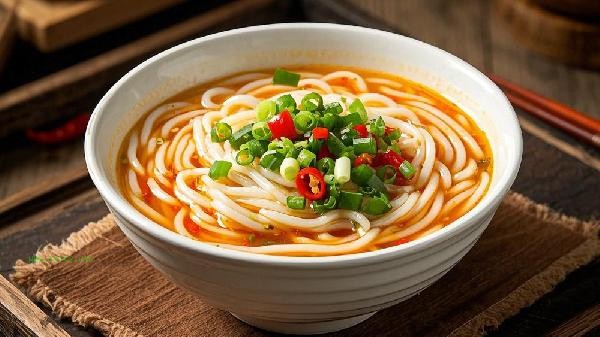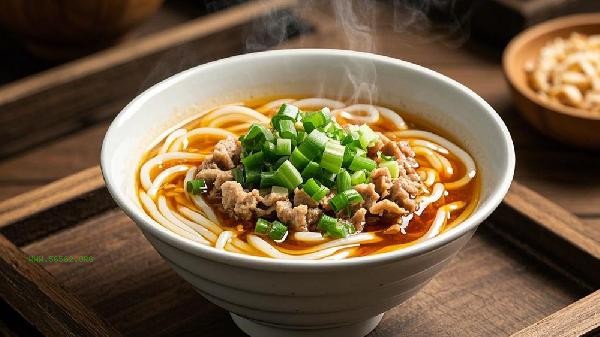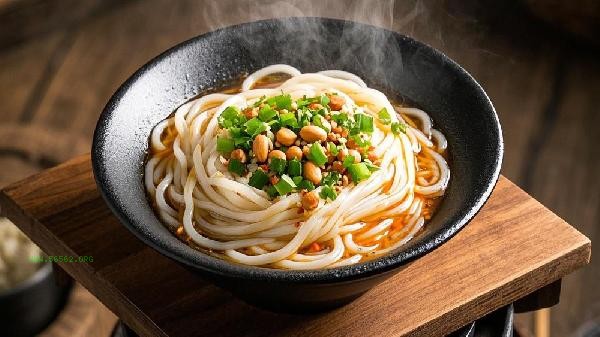It is generally not recommended to drink the water used to cook rice noodles directly. During the processing of rice noodles, there may be residual starch or additives. After boiling, some impurities may dissolve in the water, and repeated boiling may lead to an increase in nitrite content. The water used to cook rice noodles usually appears turbid due to the dissolution of starch in the rice noodles at high temperatures. Although starch itself is harmless, it can make the water viscous and have a poor taste. Some rice noodle products may add substances such as alum during the production process to enhance toughness. These substances may precipitate into water after high-temperature cooking, and long-term ingestion may have potential health effects. If high-quality raw materials are used and no chemicals are added to homemade rice noodles, the boiling water is relatively safe, but the possible release of trace metal substances from the container during the boiling process still needs to be considered.

Some restaurants will reuse the water used to cook rice noodles to save costs, and this water will gradually accumulate nitrite content due to repeated heating. Nitrite may be converted into carcinogenic nitrosamines in the body, posing a particular threat to digestive system health. If the rice noodles themselves contain preservatives or bleaching agents, these components may also partially transfer to the water after cooking. Special populations such as pregnant women, children, or those with weak gastrointestinal function should avoid drinking such boiled water to prevent discomfort.

It is recommended to choose fresh ingredients in daily diet and avoid drinking residual liquids after processing various foods. If you need to use the water used for cooking rice noodles, it can be filtered and used for watering flowers or cleaning, but it is not recommended to use it as drinking water. During the cooking process, pay attention to using food grade containers to reduce the risk of harmful substance precipitation, while controlling the cooking time of rice noodles to avoid excessive boiling and water quality changes. Maintaining dietary diversity and moderate intake of different staple foods can help balance nutrient intake.










Comments (0)
Leave a Comment
No comments yet
Be the first to share your thoughts!